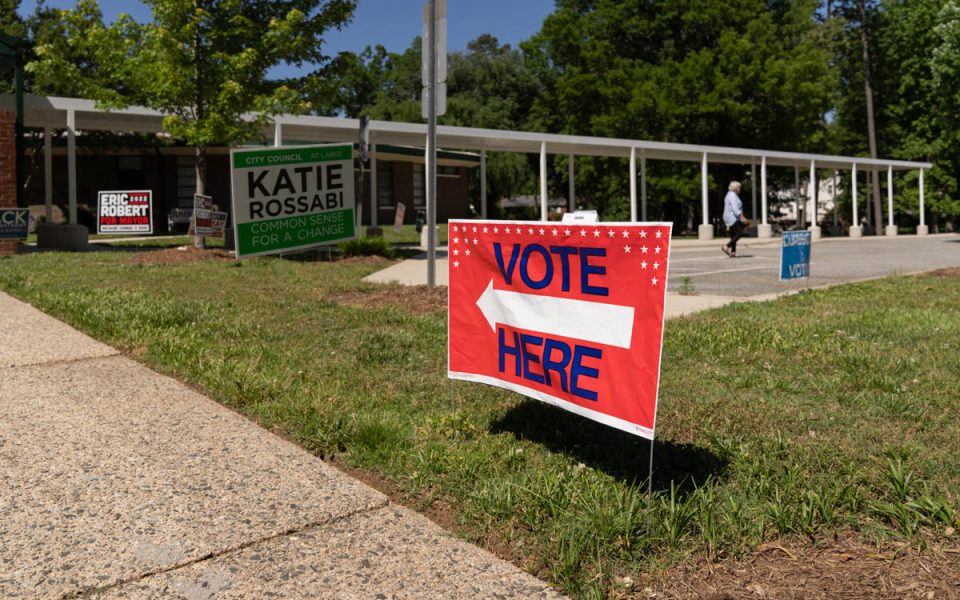
SB 382 was initially titled “Dental Practice Act Changes,” because things like this happen when the legislature guts a bill that is likely to pass and then changes the text of it to mean something completely different.
Now it is known as the Disaster Recovery Bill part three, which is slightly less misleading.
Though it does quite a bit to aid the parts of western North Carolina most affected by Hurricane Helene — clarifying policies and procedures for public schools and universities, healthcare services, water resources, cleanup, real estate development, infrastructure and recovery loans — this omnibus bill (131 pages!) does a lot of other stuff too, some of it potentially problematic.
There’s the establishment of the Office of Learning Research, “to identify and evaluate the efficacy and efficiency of programs, activities, initiatives, procedures, and any other factors related to elementary and secondary education in the State.” As our schools are under attack from the legislature, this could be seen as a measure to further emaciate them.
It stacks the courts with two new Superior Court judges to be named by leaders in the state House and Senate, both solidly Republican-majority, and allows for the redrawing of Superior Court districts statewide, with new boundaries to be named in a future bill.
But the biggest and most controversial piece comes in subpart IIIa, directed at elections. Its biggest play is to move the State Board of Elections under the authority of the newly elected state auditor, Dave Boliek, who would take over naming members of the board from the governor, who currently handles the task. Boliek, for the record, told the News & Observer that he didn’t ask for this power, though an audit of the SBOE was a minor issue in his campaign.
That’s one of the problems, if you believe in separation of powers. How can the State Auditor’s Office audit a board that they themselves created?
The punchline to all this is that backers of this section of SB 382 say the move was made to address perceived partisanship in the BOE.
“I don’t think anybody can objectively look at how the Board of Elections over the past probably seven plus years has functioned in a manner that is free from suspicion of partisan influence,” Senate President Pro Tem Phil Berger told Carolina Public Press.
The bill passed both houses along partisan lines last week, and now awaits the governor’s signature. But the NC GOP must act quickly.
Gov. Roy Cooper could veto this bill. But as it stands, the NC House can override a veto because of a GOP supermajority.
This past election dissolved that supermajority, putting a kibosh on future overreach. And we all know that state Republicans have no problem calling everyone into an override vote during the high holiday season.
Join the First Amendment Society, a membership that goes directly to funding TCB‘s newsroom.
We believe that reporting can save the world.
The TCB First Amendment Society recognizes the vital role of a free, unfettered press with a bundling of local experiences designed to build community, and unique engagements with our newsroom that will help you understand, and shape, local journalism’s critical role in uplifting the people in our cities.
All revenue goes directly into the newsroom as reporters’ salaries and freelance commissions.


Leave a Reply